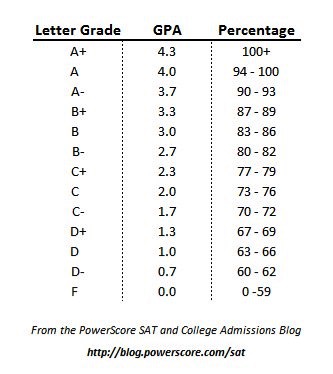Descriptions of Course Assignments:
Your grade in the course will be dependent on the following:
- 2 NON-cumulative exams; multiple choice and short response (40%)
- Exam 1: 20 multiple choice and 3 short response (15% of grade)
- Exam 2: 30 multiple choice and 3 short response (25% of grade)
- 5 article reflections/discussion posts; more details below (10%)
- 1 group presentation; date assigned at start of semester; more details below (15%)
- 1 CUMULATIVE final; 40 multiple choice questions and 4 short response) (30%)
- Attendance/Learning Checks (5%)
Assignment Descriptions:
- Discussion posts: Throughout the semester, you will be assigned 5 discussion posts. For some of these assignments, we will be using the Hypothes.is group annotation program. Please sign up with Hypothes.is here ASAP!
These posts will be posted on our OER course website and will be made up of 2 components:
- Main post – This will be a reflection/response to a prompt (e.g. a question, an article, watching a short video) and will be due on Sundays at 11:59pm (all dates listed in syllabus).
- Due Sundays at 11:59pm
- Respond to a fellow classmate – This will be a comment on a fellow classmate’s post that furthers the class discussion on the topic. Your response should be thoughtful and not simply agree or disagree with a classmate—ask clarifying questions, comment on their thought process, or share where your own thinking overlapped or was different. Be respectful and professional in your reply.
- Due Wednesdays before class at 11:59pm.
- Group presentation: At the start of the semester, you will be assigned to a group and given a specific mental health diagnosis to research and present relevant information on to the class. Be creative with this assignment! Potential ideas/formats for your presentation include:
- Watch a movie that depicts a specific mental illness—how does it differ from or overlap with what you learned about this disorder in class?
- This list has a lot of movies with descriptions of what disorder is being portrayed; You are not limited to this list but should you choose this option, make sure it is VERY CLEAR which disorder is being portrayed.
- Record an infomercial about treatment for this disorder – list common symptoms and provide information on how your treatment (e.g. therapy, medication, etc.) works to treat these specific symptoms
- Powerpoint presentation – Synthesize relevant information and present on your disorder as you would to colleagues
- No matter what format you choose, remember to be empathetic and respectful of individuals with this disorder!
- Watch a movie that depicts a specific mental illness—how does it differ from or overlap with what you learned about this disorder in class?
- Attendance: Regular attendance AND participation in class is highly encouraged! It can be easy to fall behind in classwork in general and especially so with the remote format. Attendance is tracked each week and significant absences will be factored into your attendance grade.
Grading Scale



